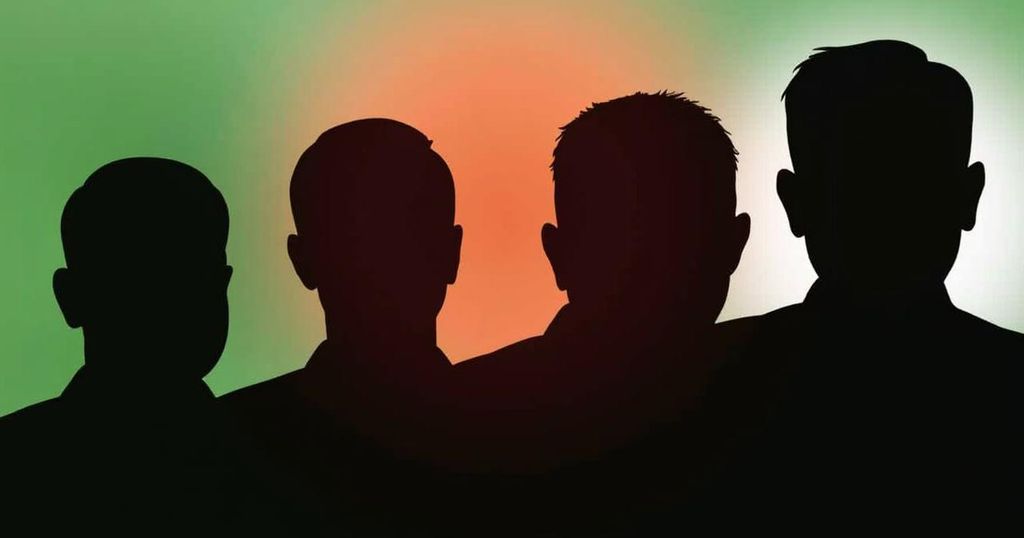Bangladesh’s interim government has recalled five envoys, including the high commissioner to India, spurring dissatisfaction within its foreign service. The move occurs following a political crisis and tensions in India-Bangladesh relations, particularly after the resignation of Prime Minister Sheikh Hasina. The recalled diplomats were not political appointees and included key figures in maintaining diplomatic ties. Despite these developments, bilateral discussions between Indian and Bangladeshi officials continue.
In a significant diplomatic move, Bangladesh’s interim government has recalled five envoys, notably the high commissioner to India, amid tensions in bilateral relations. According to sources, the orders were issued this week by the administration division of the foreign ministry. This action has sparked dissatisfaction within the foreign service, particularly since many of the envoys recalled, including Mustafizur Rahman, were career diplomats rather than political appointees. The recalled envoys include the permanent representative to the United Nations in New York, as well as the ambassadors to Australia, Belgium, and Portugal. Many of these officials, including Rahman, who has been in his position since July 2022, were nearing retirement. The diplomatic reshuffle comes on the heels of a political crisis in Bangladesh following the resignation of Prime Minister Sheikh Hasina’s administration in early August, which faced strong protests from student organizations. Following Hasina’s departure to India, Nobel laureate Muhammad Yunus assumed leadership of a caretaker government, seeking to engage in dialogue with India. Despite these efforts, relations soured when Yunus publicly criticized India and alluded to the possibility of pursuing extradition for Hasina. This led to a strained atmosphere, complicating Yunus’s desire for a meeting with Indian Prime Minister Narendra Modi during the recent UN General Assembly. In parallel developments, Indian High Commissioner to Bangladesh, Pranay Verma, held discussions with Bangladesh’s de facto foreign minister, Touhid Hossain, regarding bilateral relationships, which indicates continued diplomatic engagement despite the recent tensions.
The recent recall of envoys by Bangladesh’s interim government highlights underlying tensions and diplomatic shifts in the country. Following a tumultuous political transition marked by protests and the resignation of the former government, the international relations landscape has been uncertain. The recalled high commissioner and other diplomats were seen as important figures in strengthening ties, particularly with India, which has historically been a vital partner for Bangladesh. As the caretaker government navigates its initial phase amidst political challenges, the diplomatic recalibrations reflect both internal and external pressures to maintain stability and international relations.
In summary, the recall of five envoys, including Bangladesh’s high commissioner to India, underscores a tumultuous period in Bangladesh’s diplomatic relations. The dissatisfaction expressed within the foreign service regarding this decision points to the complexities of governance amidst political instability. The shift in diplomatic personnel occurs against a backdrop of heightened tensions with India and raises questions about the future of bilateral engagements, especially in light of the new government’s pursuit of diplomatic dialogue.
Original Source: www.hindustantimes.com






